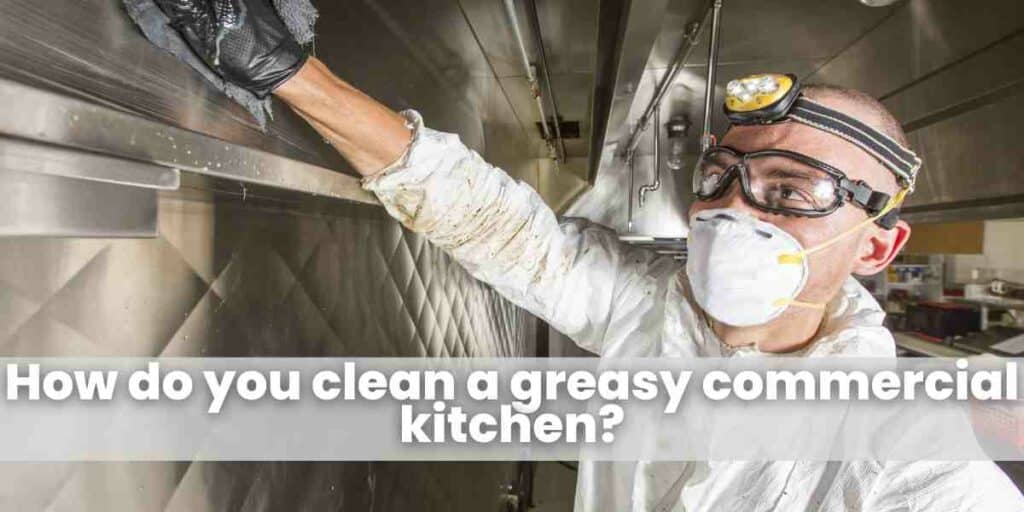The Importance of Hiring a Professional to Clean Your Commercial Kitchen
A greasy commercial kitchen is not only unsightly, but it’s also a major fire hazard. In fact, according to the National Fire Protection Association (NFPA), “Cooking equipment is the leading cause of home structure fires, accounting for 44% of reported fires from 2009-2013.”
That’s why it’s so important to hire a professional to clean your commercial kitchen. While you may be tempted to try to save some money by doing it yourself or hiring an inexperienced cleaner, that would be a mistake. Trained professionals use commercial-grade high-pressure washing equipment and scraping tools to ensure the job is done right. They also understand the full process required to ensure safety and compliance with NFPA 96 code and protocols.
The First Step: Remove All Potential Fire Hazards
The first step in the cleaning process is to identify and remove all potential fire hazards in the kitchen. This includes removing grease from hoods, filters, exhaust fans, ductwork, and ceilings. Failure to remove all grease buildup can result in a serious fire. According to the NFPA, “Grease and cooking oil ignitions were involved in an estimated 16% of home structure fires from 2009-2013.”
The Second Step: Cleaning the Kitchen with a Pressure Washer
Once all potential fire hazards have been removed, the entire kitchen must be cleaned using a hot water pressure washer. This will remove any remaining grease and grime from all surfaces. Depending on the size of your kitchen, this step can take several hours to complete.
The Third Step: Sealing Surfaces with an Approved Coating
After the kitchen has been cleaned, all surfaces must be sealed with an approved coating. This will help prevent the build-up of grease in the future. It’s important to note that not all coatings are created equal. Some products on the market today claim to be grease-resistant but are not actually approved by the NFPA. Make sure you do your research and only use products that have been specifically approved for use in commercial kitchens.
A clean commercial kitchen is not only important for appearance’s sake—it’s also crucial for safety reasons. That’s why it’s so important to hire a professional to perform regular cleanings. Trained professionals have the knowledge and experience necessary to safely and effectively clean your kitchen and help prevent fires from occurring in your restaurant. Follow these three steps—removing potential fire hazards, cleaning with a pressure washer, and sealing surfaces—to keep your commercial kitchen safe from fire hazards.

